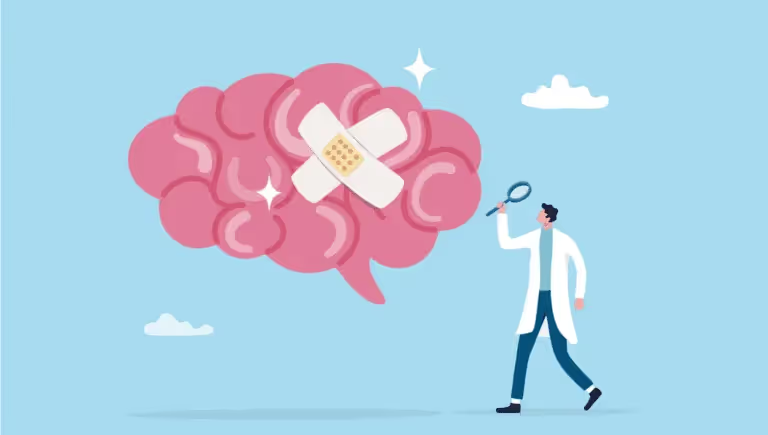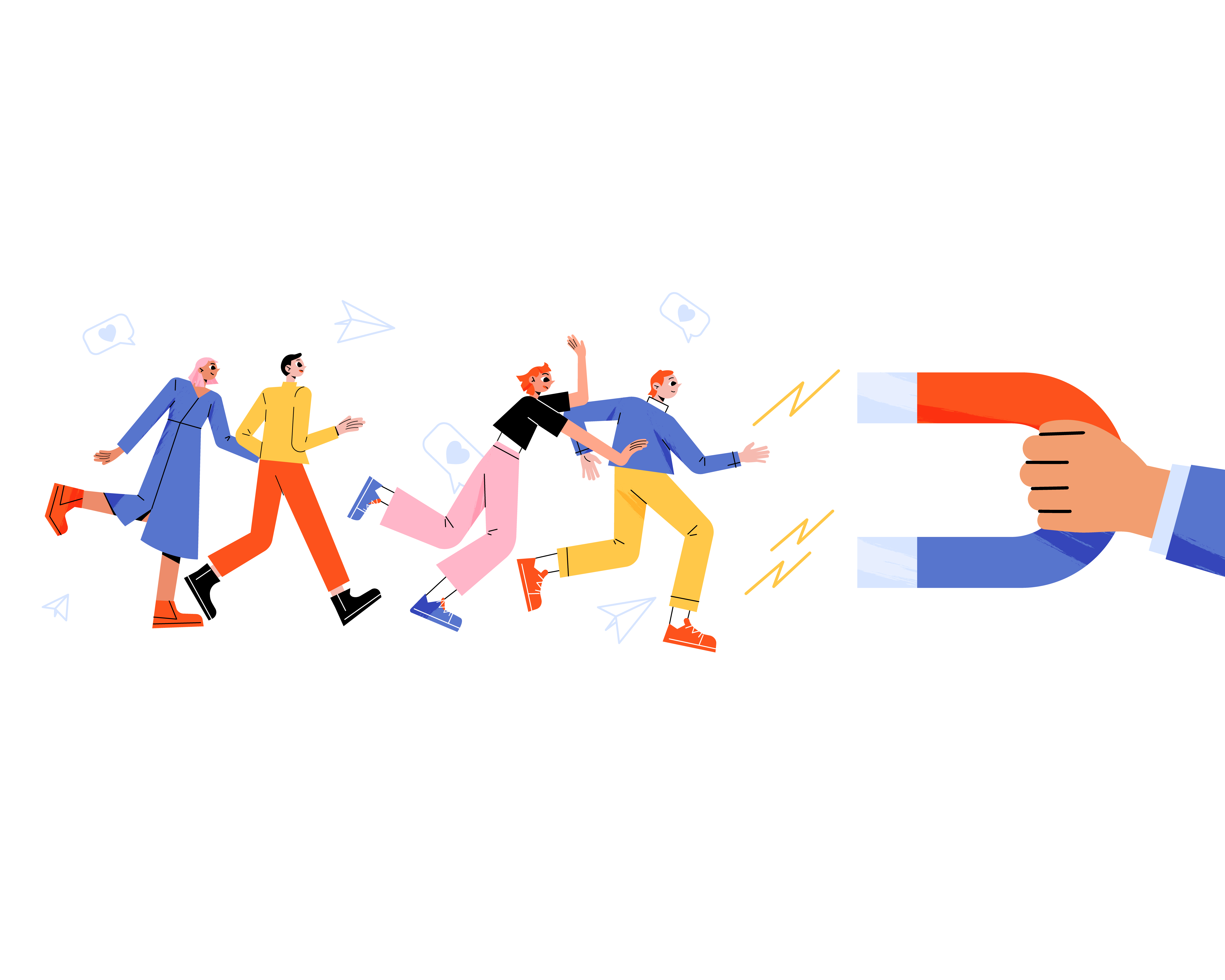Key Insights:• The healthcare industry is experiencing rapid change since the COVID-19 pandemic.• Leaders and employees tasked with managing this change are at risk of burning out.• To keep pace and lead the industry, organizations must build new skills to stay competitive.
Over the past several years, the healthcare industry has witnessed unprecedented change. Hospitals, care facilities, and their parent organizations are adapting to technological innovation, inequities in care, aging populations, and the burnout that comes from ever-increasing workloads.
In short, the healthcare industry needs help adapting quickly and sustainably. Executives, administrators, and leaders must embrace new behavioral skills to respond to these changes. The health and well-being of employees and their patients are at stake.
NLI has worked with organizations across the industry, and the data that’s come back has shown massive behavior change through scalable, habit-building solutions. The success across disciplines suggests these new skills are vital to keeping the healthcare industry moving forward, as we wrote recently in our white paper, “Transforming Healthcare: NLI Industry Trends and Impacts Report.”
Where the healthcare industry is changing most
One of the most visible changes the healthcare industry has seen in recent years is the shift to telehealth. Pre-pandemic, telehealth visits accounted for fewer than 1% of all office and outpatient visits. But as COVID-19 forced everyone to stay at home, telehealth became the go-to way doctors could offer care. In April 2020, telehealth usage peaked at 32% of visits, and by December 2023 it still held steady at around 14-17% of all visits.
Telemedicine is just one of many digital transformations the industry is seeing. Artificial intelligence is accelerating the pharma industry’s development and discovery of new drugs, streamlining the manufacture of new medical devices, and identifying optimal clinical trial cohorts. These advances join the massive and ongoing migration toward electronic health records.
The advances haven’t come without consequences. To keep up with all this change, employees are shouldering the workload — in addition to caring for patients and keeping up with the other routine tasks of their jobs. Change fatigue, overwork, and burnout are becoming more prevalent. In a recent survey, 47% of physicians said they felt burned out, and burnout was 2.2–2.9 times more likely under conditions of work overload.
These challenges aren’t necessarily new, but they have become more prominent in organizations since COVID-19. Similarly, the pandemic exacerbated some DEI challenges, such as inequity. Studies have shown that people of color were disproportionately affected by the pandemic, and healthcare organizations continue to struggle to attract and retain a diverse workforce.
To keep pace with rapid change and become industry leaders, healthcare organizations must find solutions that address each of these challenges.
Brain-based skills for leading through change
NLI’s research and client partnerships have revealed a wealth of insights around what it takes to adapt to rapid change. In particular, five concepts from neuroscience show up again and again. Teams that embed these skills can expect to become more resilient, collaborative, and productive.
Growth mindset
Success doesn’t happen overnight. Growth mindset is the ability to say, “I can’t do that yet” when tasks are challenging. Research has shown adopting a growth mindset leads to greater success than a fixed mindset, which assumes skills are fixed and can’t be improved over time.
Change management
To navigate new cultures and practices, change must no longer be viewed as a disruption but instead as an opportunity for improvement. This requires creating shared goals, understanding the neuroscience of behavior change, learning how to have quality conversations, and giving and receiving feedback.
Bias and inclusion
As NLI likes to say, if you have a brain, you have bias. Which means there’s a chance you’ll overlook a key piece of information or even a colleague if you don’t spot your biases. Mitigating these biases helps promote more inclusive behaviors, which research has shown is good for culture as well as for business.
Psychological safety
As changes are happening quickly, teams need to be able to take risks and trust one another. Psychological safety is present when employees can speak up with ideas, questions, concerns, or mistakes without the fear of repercussions and judgment.
Cognitive capacity
If someone feels burned out, it’s usually because they feel stretched too thin, and their brain begins to shut down. They’re operating past their cognitive capacity. However, respecting the limits of cognitive capacity promotes well-being and keeps people in a healthy state of mind.
Keeping the healthcare industry healthy
The fast-paced nature of the healthcare industry makes its workers especially prone to burnout and ineffective habits. The pandemic exposed and exacerbated these challenges.
It’s clear from our work with this industry that building better habits is the key to helping teams perform at their best. For example, consider the following behavior-change data among NLI’s healthcare clients. After completing …
- GROW: The Neuroscience of Growth Mindset, 86% of healthcare workers reported practicing new key behaviors, such as focusing on improvement, at least once per week.
- TEAM: The Neuroscience of Psychological Safety®, 96% of healthcare industry workers reported practicing new key behaviors, such as inviting participation, at least once per week.
- NLI solutions focused on culture and leadership, 86% of healthcare industry workers reported practicing new key behaviors at least once per week.
By focusing on what’s essential, teams in the industry can avoid burnout and other challenges brought on by rapid change and build the right skills to adapt and thrive.
Download the white paper, “Transforming Healthcare: NLI Industry Trends and Impacts Report,” by clicking here.






.avif)

